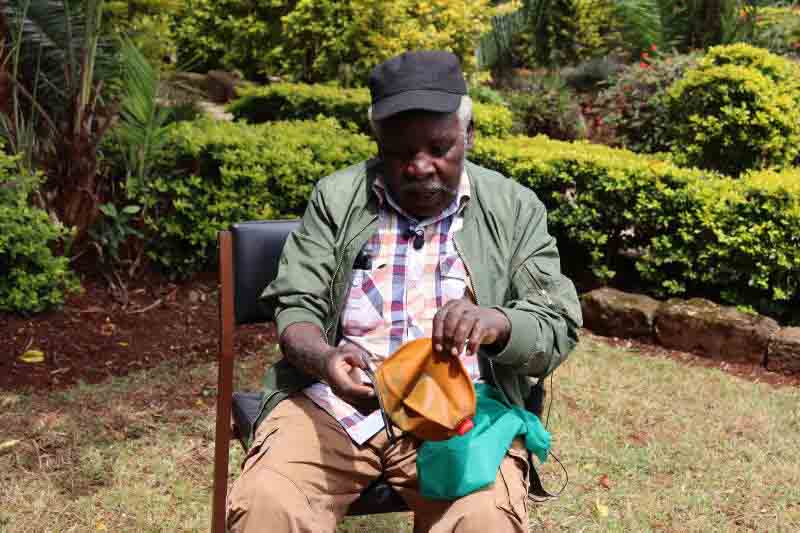×
The Standard e-Paper
Kenya’s Boldest Voice

Eliud Kaburu from Nyeri County was diagnosed with colon cancer over 30 years ago.
When doctors told him what the treatment entailed, he retorted that “as long as the treatment is not from the forest I am ready. The doctors laughed and they said they liked my confidence.”